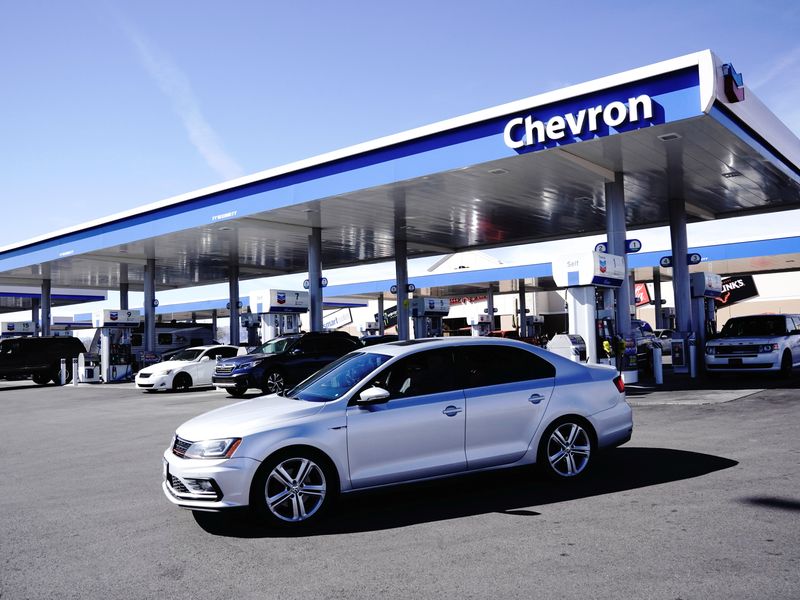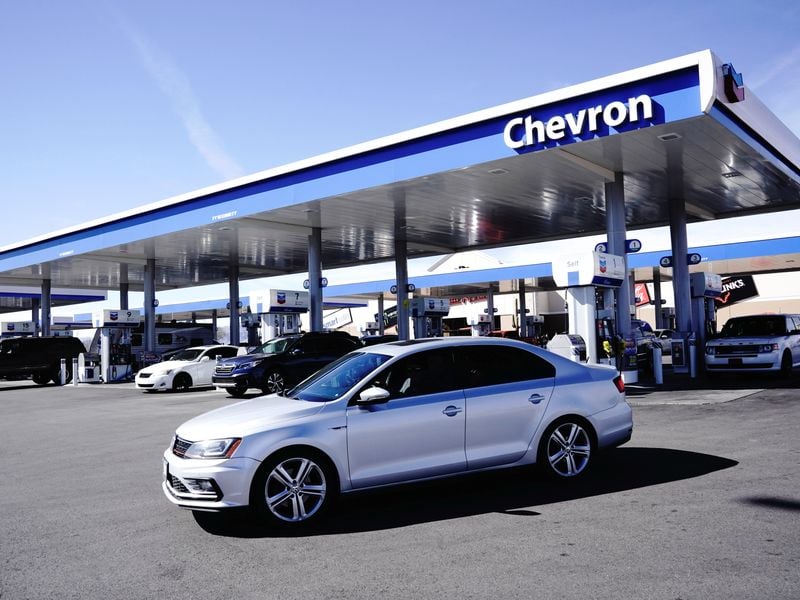
Kamala Harris Dodges on EV Mandate as Campaign Stays Vague About Green Energy Plans
New Jersey Governor Phil Murphy is pushing a 2035 gasoline-powered car ban. He’s doing it because the Biden-Harris administration has been pushing the same agenda for years. Kamala Harris ran for president on that platform.
Now, she says she’s against the ban. While we can’t trust her on this, if it is true, why is New Jersey Governor Phil Murphy still pushing a failing agenda that his endorsed candidate does not support? In fact, Murphy will be raising money for Harris today in New Jersey with her husband, Doug Emhoff, who has been accused of physically assaulting his ex-girlfriend, but that’s another story.
As Vice President Kamala Harris takes the wheel of President Biden’s 2024 campaign, her stance on environmental policies, especially electric vehicles (EVs), is coming under scrutiny. Back during her 2020 presidential run, Harris was all in for bold green energy moves, calling for a mandate requiring automakers to sell only electric or hydrogen vehicles by 2035. But now? Things are looking a little hazy.
Harris’ campaign has been notably tight-lipped about her current stance on requiring automakers to go fully electric. Even after weeks of questions, her team has declined to clarify whether she still supports a zero-emission vehicle (ZEV) mandate—a topic that’s incredibly touchy for key Midwestern swing states like Pennsylvania, Michigan, and Wisconsin, where auto workers are deeply invested in the industry’s future. In an era where Biden’s administration is pushing EV adoption with incentives and regulations, Harris’ silence is loud.
The 2020 Version of Kamala vs. Now
Back in 2019, as a senator from California, Harris co-sponsored the Zero-Emissions Vehicles Act, aiming to make 100% of U.S. new vehicle sales greenhouse gas-free by 2040. At the time, she wanted to crank it up a notch, proposing during her 2020 presidential run that 50% of new cars sold by 2030 should be zero-emission, with 100% by 2035. That would mean goodbye gas-powered cars, hello EVs and hydrogen vehicles.
Fast forward to now, and the message isn’t so clear. While her campaign included a vague mention that she “does not support an electric vehicle mandate” in a recent email, they’ve sidestepped follow-ups asking for further clarification. Her office hasn’t provided answers on whether she would veto or sign the very bill she once co-sponsored in 2019.
Shifting Left to Center?
In other areas, Harris has publicly shifted away from her once-progressive stances. Whether it’s on healthcare, immigration, or fracking, she’s taken a more centrist tone, possibly to appeal to a broader voter base in 2024. During a recent CNN interview, she admitted her fracking stance had evolved, saying she no longer supports an outright ban after seeing how clean energy and fracking can coexist. Yet, her climate-focused values, she insists, “have not changed.”
Still, the Trump campaign is working overtime to paint her as “dangerously liberal,” digging up footage and positions from her 2020 campaign to claim she’s secretly eyeing policies like gas-car bans. Pro-business groups are also piling on. The American Fuel & Petrochemical Manufacturers recently launched a $3 million ad blitz in swing states, hammering Harris for her past EV stances, even as her campaign tries to distance itself from those positions.
The EV Mandate Drama
The controversy surrounding EV mandates matters because it impacts the Rust Belt, where auto workers and manufacturers are central to the economy. Trump’s base—and a lot of swing voters—aren’t exactly clamoring for policies that phase out gas-powered vehicles. That’s why Harris’ current non-answers are risky business.
Biden’s administration is already working to shift the country toward cleaner energy with a mix of EV incentives and tougher emissions rules, but without enforcing a mandate. However, Harris’ past support for a much faster, more aggressive transition is looming large.
As Harris positions herself for the long haul to 2024, she’s clearly trying to strike a delicate balance—staying aligned with Biden’s climate goals without alienating key voting blocs who aren’t sold on the green revolution just yet. The question is, how long can she avoid picking a lane?

